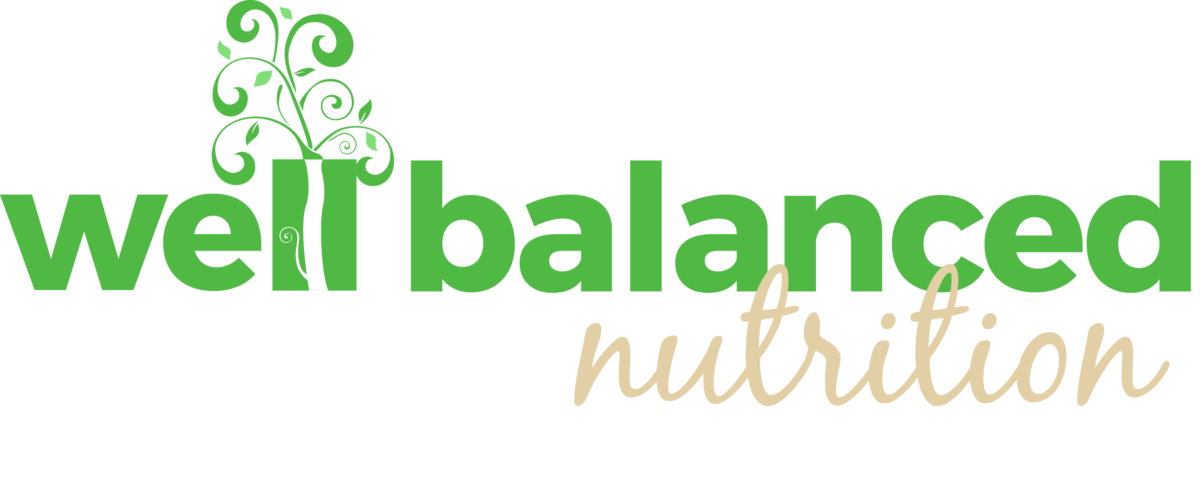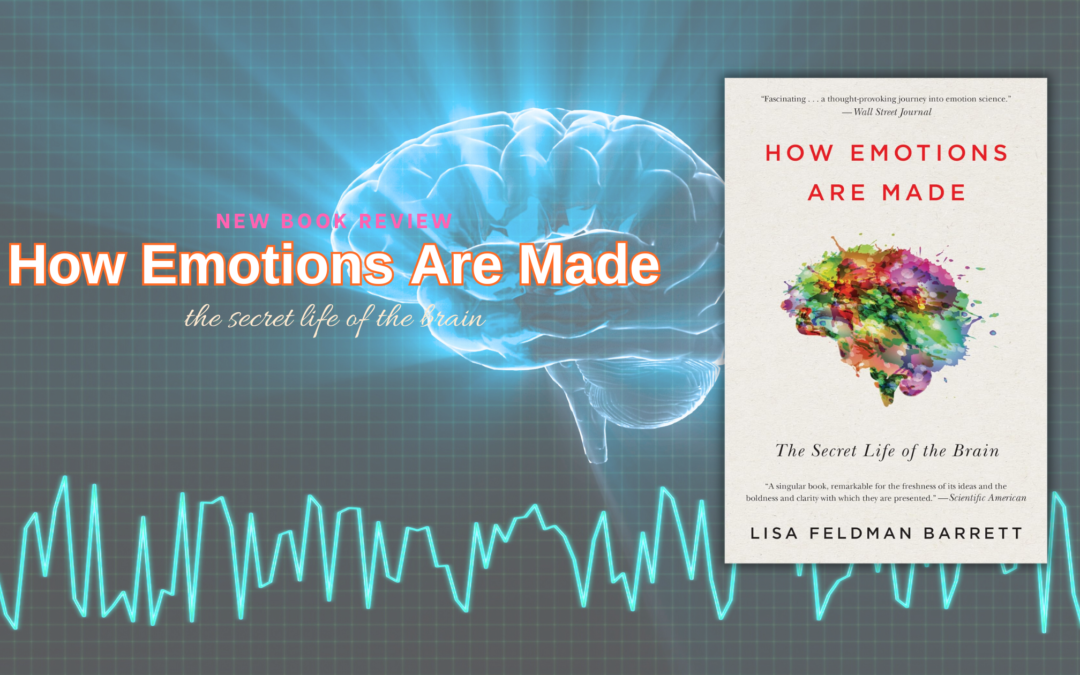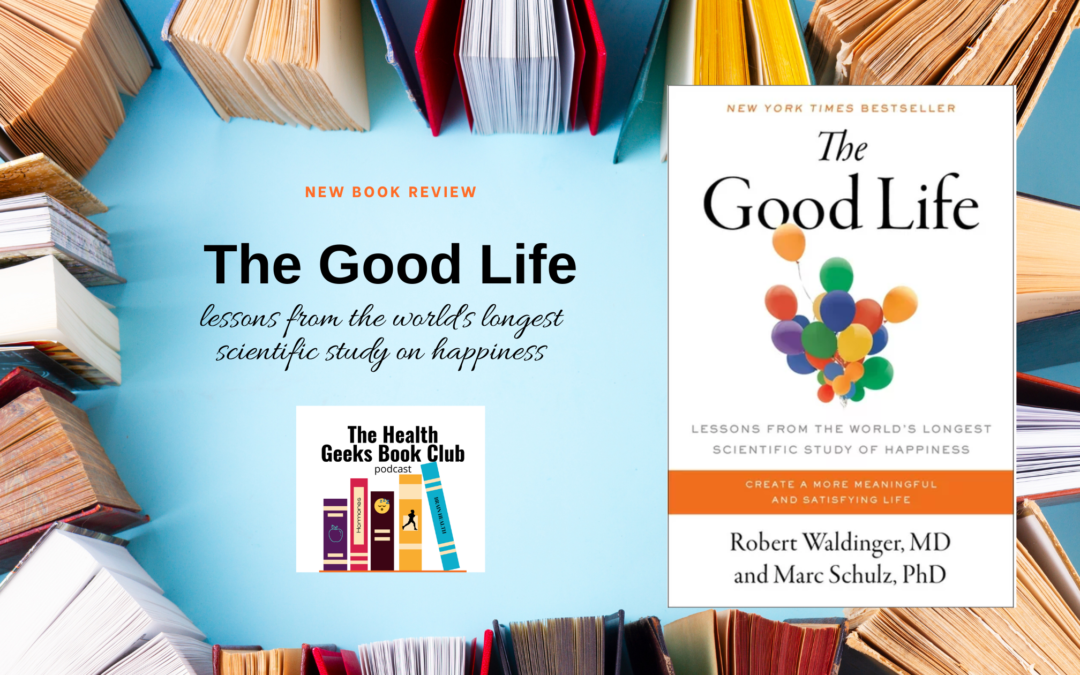Part of the frustration around nutrition is that we read the ideas and theories of so many different influencers, bloggers, physicians, and nutritionists on every corner of the web. In addition, we see catchy and misleading advertisements trying to get our attention and money. And to top it all off, the news headlines tend to share just a snippet of the latest research studies in a way that can have us questioning what we once knew to be true. This all makes it seem like nutrition science is useless and nobody is right!
Before you throw your hands in the air and give up, listen to what Dr. Chaney has to say. Dr. Chaney is a retired professor of human metabolism who knows a thing or two about the scientific method. He is passionate about helping consumers think more like scientists so we can make sense of the latest news in nutrition and spot the hype.
In his book, Slaying the Food Myths, he writes in detail about how to do this, but I’d like to share some highlights with you here.
How to think like a scientist
First, look at the totality of available research.
You can find a study or two that proves just about anything. This makes it easy for people to cherry-pick one or two research studies that support their theory and disregard the other studies that may disprove it. A good scientist will look at all the research and consider what the majority of high-quality studies show. Never base your opinion on a single study, rather look at the “weight of available evidence.”
Secondly, know that all studies have flaws.
No study is perfect. Some are better than others, but they all will have limitations. Sometimes the study is too short. Sometimes it has confounding variables (unexpected things that influence the outcome.) Sometimes the sample size is too small or not a good representative of the entire population. Because of this, there is no none perfect clinical study that proves or disproves a hypothesis. That’s why it is essential to look at several studies and understand what types of studies are available.
Understand the different types and phases of scientific research.
Third – The art of scientific discovery has different phases; first, we test a theory in the lab. If it shows promising results, then we try the theory on animals. Lastly, we see if it relates to humans. Many new and exciting research that makes the news headlines are done on animals. That is a factor we need to consider when hearing new research snippets. Unfortunately, only 1/10 of animal studies work out to also be accurate/helpful for humans.
Much of what we know about diets and health is from association studies. While these have provided many valuable insights, they have significant weaknesses. Association studies can’t prove a cause-and-effect relationship. They also can’t indeed account for all the possible unintended associations that may have influenced the outcome. For example, if you look at diet soda intake and weight, you may find that those who drink diet sodas are overweight. Is there a positive association because diet sodas cause weight gain, or is it because those who are overweight tend to drink more diet sodas to lose weight or control calorie intake?
The gold standard for research is a double-blind intervention study, where participants are randomized into a control and intervention group without the researchers or the participants knowing which group they are in. But unfortunately, this type of research is nearly impossible to conduct when the intervention is diet. So we must understand the limitations of what we know from association studies around diets.
Take into consideration individual variability.
Lastly, although we can gain a lot of good information from research studies, we must remember that we are all different, and dietary results may vary vastly. Research studies report the average response to a particular diet or food. However, if you look at each individual in studies, you’ll see that a specific food or diet works well for some study participants and doesn’t work at all for others. Consider this your reminder to pay attention to how your body responds to foods and dietary patterns and trust what it tells you.
Save some time
If you rather save time and find a trusted resource: check out Dr. Chaney’s books and his blog. You can also check out the conversations between the Health Geeks and Dr. Chaney on the podcast. Lastly, your friendly dietitians can help you make sense of the hype and point you in the right direction to meet your health and wellness goals. Book a free clarity call today.





